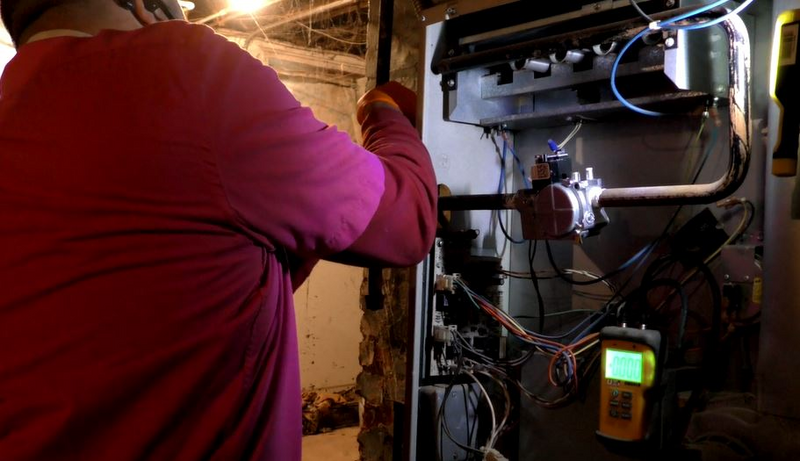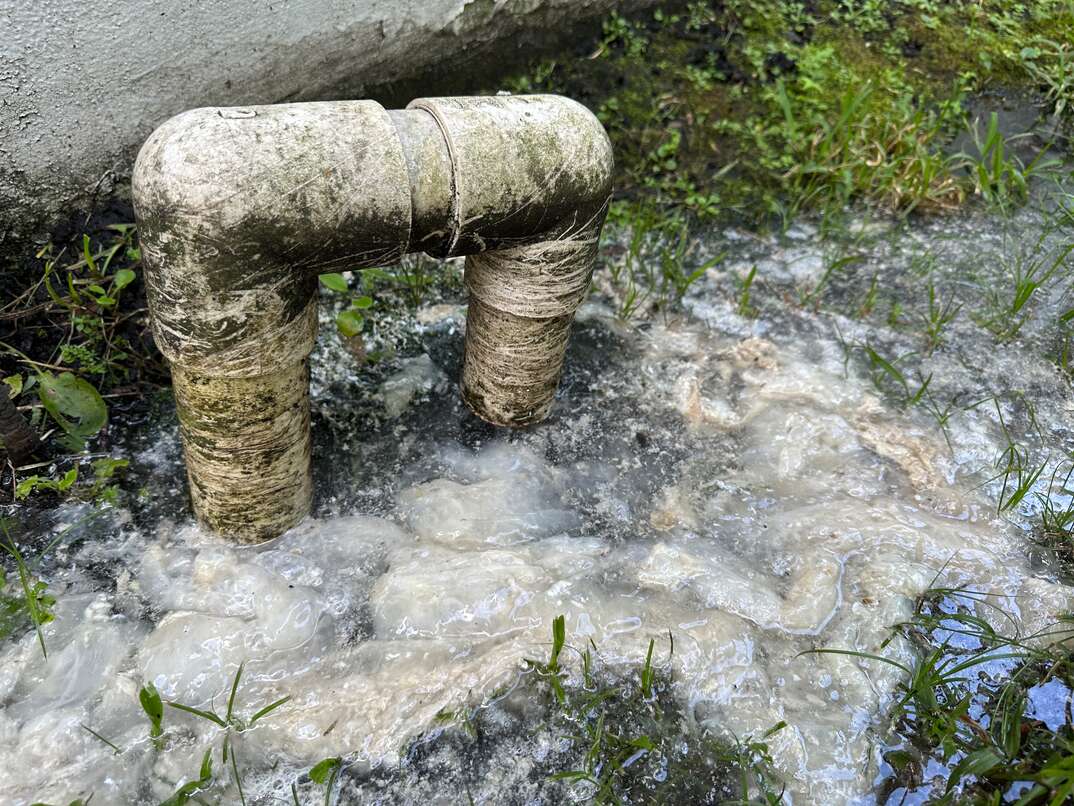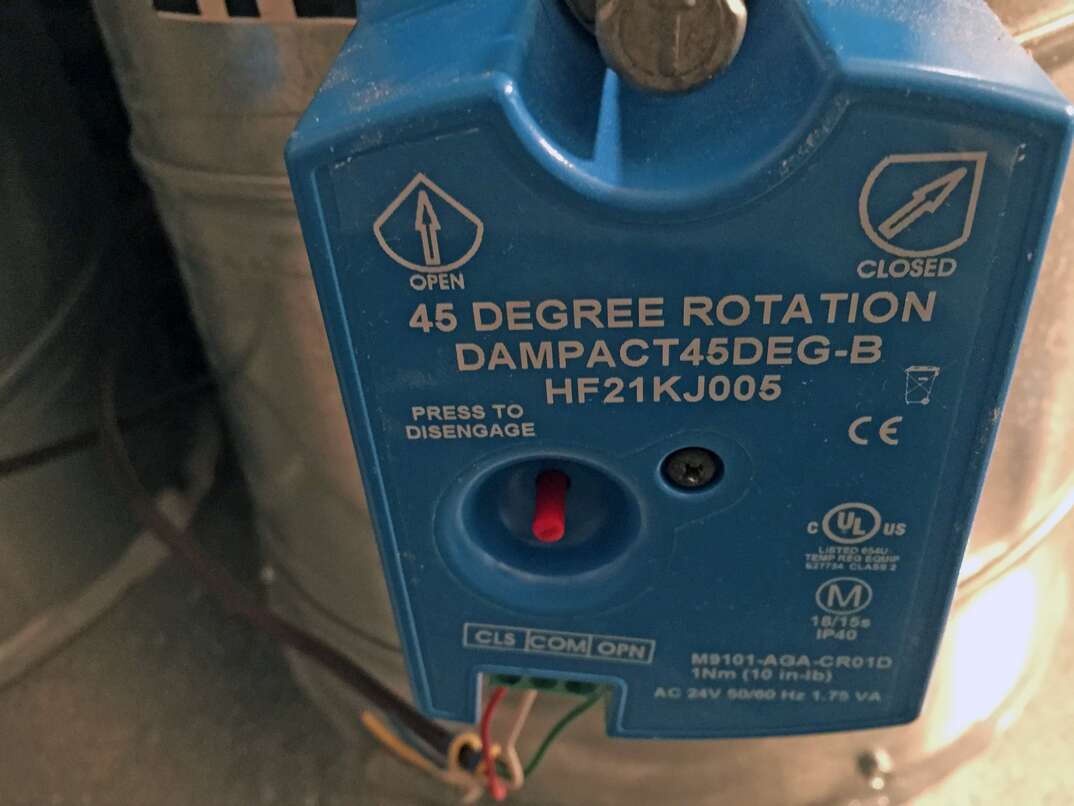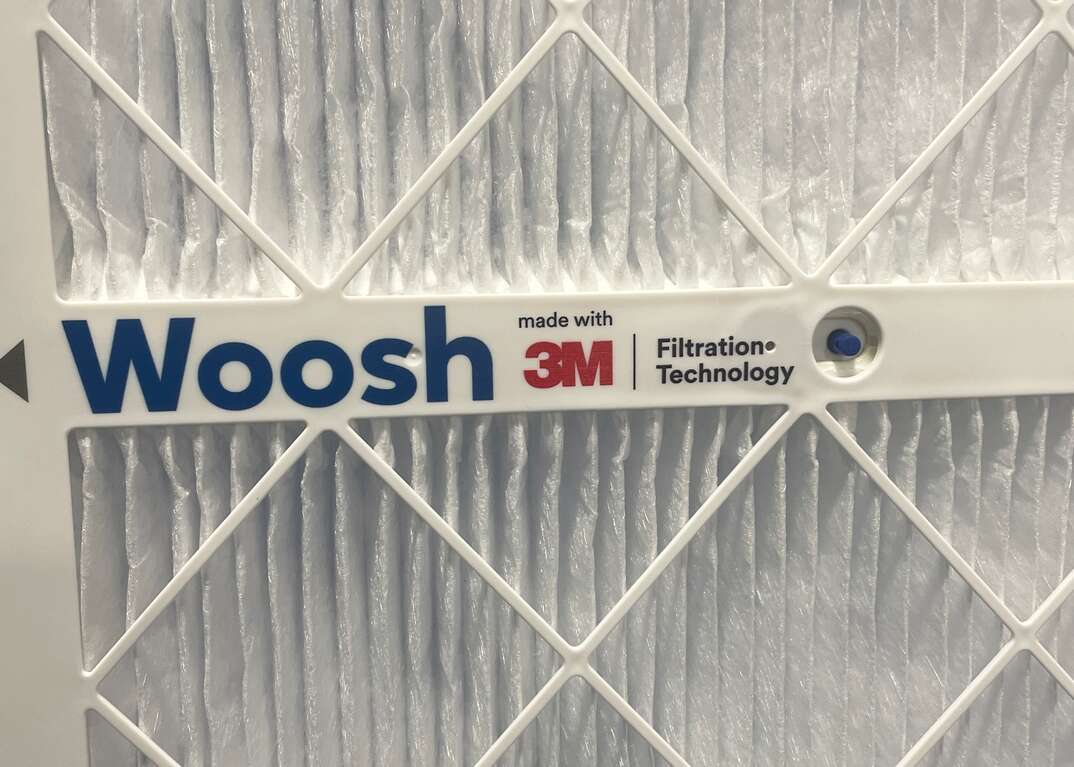4 Reasons to Switch From a Gas Furnace to an Electric Furnace

Looking to make the switch from a gas furnace to an electric one? Making the switch leaves you just as toasty and warm, but it could give you some extra benefits.
This May Also Interest You: The Do’s and Don’ts of HVAC Maintenance
Explore what happens when you replace a gas furnace with an electric model.
What Is the Process of Switching From a Gas Furnace to an Electric One?
When replacing a gas furnace with an electric furnace, the first step is hiring a professional to safely remove the old equipment. They'll disconnect the unit from the gas line and take it out of your home. Your house already has electricity running to it, but you might need some upgrades to the electrical system if you're switching from a gas to an electric furnace.
The equipment doesn't just plug into an outlet. It needs to be hardwired into your home's electrical system. As long as your ductwork is in good condition, it can be used for either a gas or an electric furnace. Overall, the process of moving from a gas furnace to an electric furnace is relatively straightforward, but it's a job a professional should handle.
What Are the Reasons to Switch From Gas to Electric?
There's some extra work involved when you want to replace a gas furnace with an electric one, so it's helpful to understand the benefits before you make the switch. Here are some reasons you might consider replacing a gas furnace with an electric one.
1. Reduced Up-Front Costs
When you go from a gas furnace to an electric furnace, you could benefit financially. Electric furnaces are typically cheaper to buy and have installed than gas furnaces, which saves you money from the start. You can find a range of prices for both gas and electric models to better fit your budget.
However, the cost of gas versus electricity in your area could affect the overall cost of operating the equipment. Electric rates are often higher than natural gas costs, so you could spend more to run an electric furnace compared to a gas model. The weather is also a factor. In milder climates, electric furnaces are often cost-effective and can be a good option. Homeowners in colder climates might find gas furnaces cost less to run.
2. Greater Safety
You might feel more comfortable switching from a gas to an electric furnace since you eliminate the more dangerous gas power source. Gas furnaces produce carbon monoxide, which can leak into your home if there's an issue with the system. You can't see, smell or otherwise detect carbon monoxide without the help of a carbon monoxide detector. Carbon monoxide is a deadly gas that can put your family at a higher risk if you have a gas furnace.
More Related Articles:
- How Often Should You Change Your Furnace Filter?
- Replacing Your HVAC Air Filter Is a Breeze! Follow These 7 Steps
- How Much Does HVAC Repair and Maintenance Cost?
- Is an HVAC Tune-up Worth the Price? (Yes, Yes It Is)
- Gimme a Tax Break: 5 Things to Know to Get the Latest HVAC Tax Credits and Rebates
3. Longer Life Span
Electric furnaces can often last a little longer than gas furnaces. Gas furnaces last an average of 10 to 20 years, while electric furnaces can keep on ticking for 20 to 30 years. Getting more life out of your equipment can make it a better investment overall. How long either type of furnace lasts often comes down to how well you care for it.
Regular tune-ups can help by keeping the equipment as efficient as possible and allowing technicians to spot issues early before they cause more damage. It's also important to make repairs quickly when you know there's something wrong with the equipment. Taking good care of any type of furnace helps you get more life out of it.
4. Accessibility to Electricity
Since all homes have electricity, it's easy to power an electric furnace. If you're switching from a gas to an electric furnace, your home already has gas lines installed, so accessibility isn't an issue. This benefit applies more to new homes or homes that already have an electric furnace. Having gas lines installed if your home doesn't already have them can be costly. Also, some homes and neighborhoods don't have gas service running to them, so a gas furnace isn't an option.


